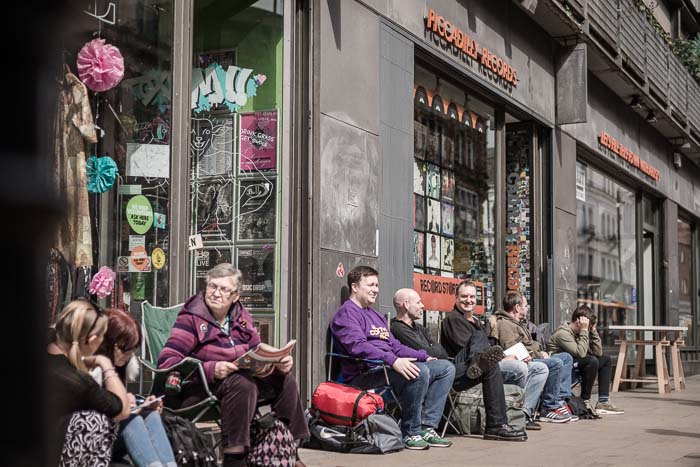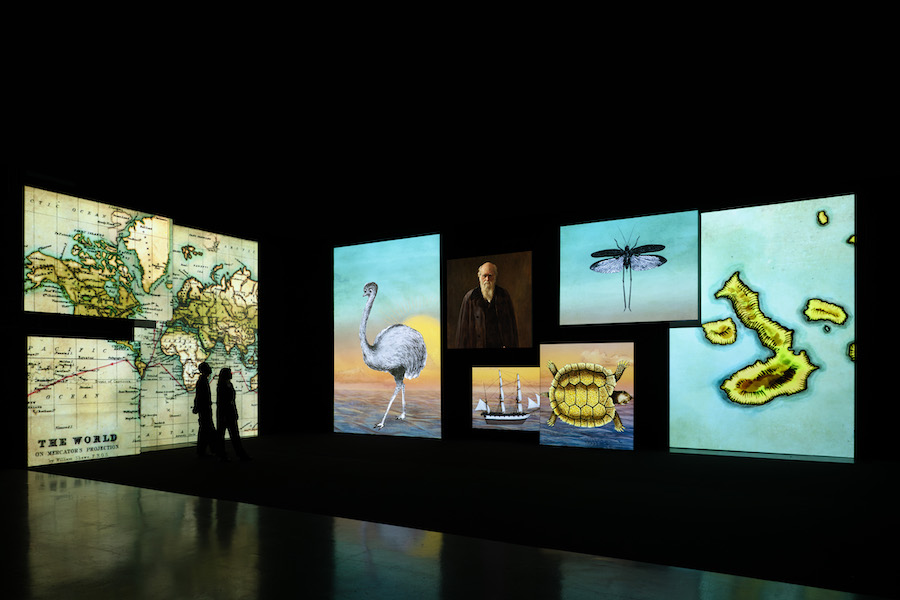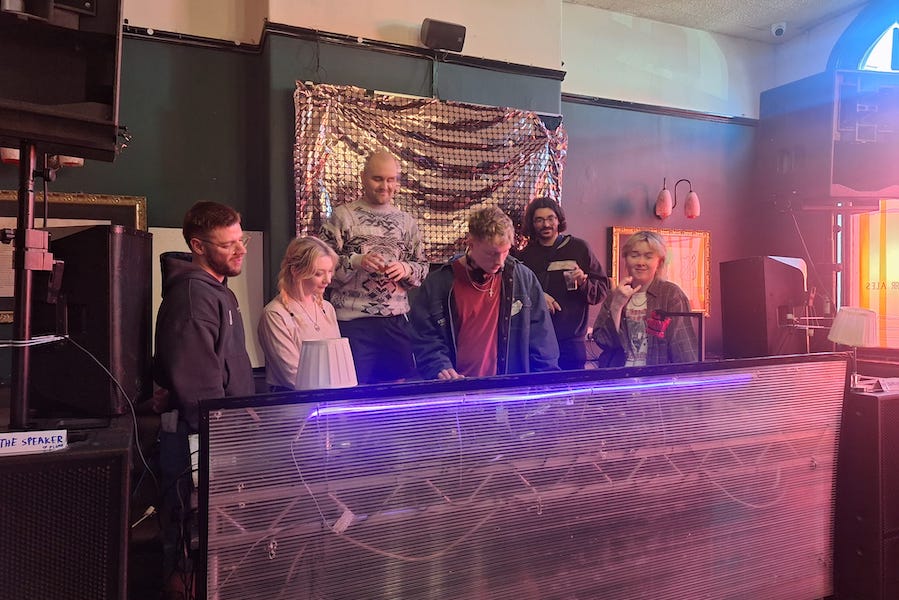Celebrating Ida Carroll: the visionary educator who transformed music in Manchester
- Written by Thom Bamford
- Last updated 2 years ago
- City of Manchester, Community, Featured, Music, People
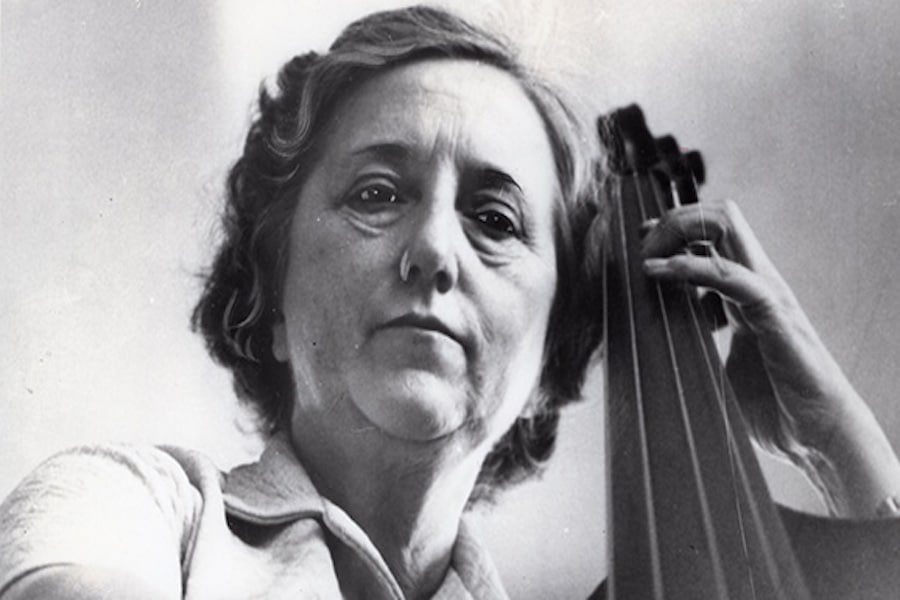
Ida Gertrude Carroll, a British music educator, university administrator, double bassist, and composer, left an indelible mark on the musical landscape of Manchester and the Royal Northern College of Music (RNCM).
With her extensive career spanning several decades, Carroll’s tireless dedication to music education, her instrumental role in the formation of the RNCM, and her notable compositions have solidified her legacy as a transformative figure in the realm of music.
This feature explores the life, accomplishments, and enduring influence of Ida Carroll, celebrating her contributions to Manchester, the RNCM, and beyond.
So, Who was Ida Carroll?
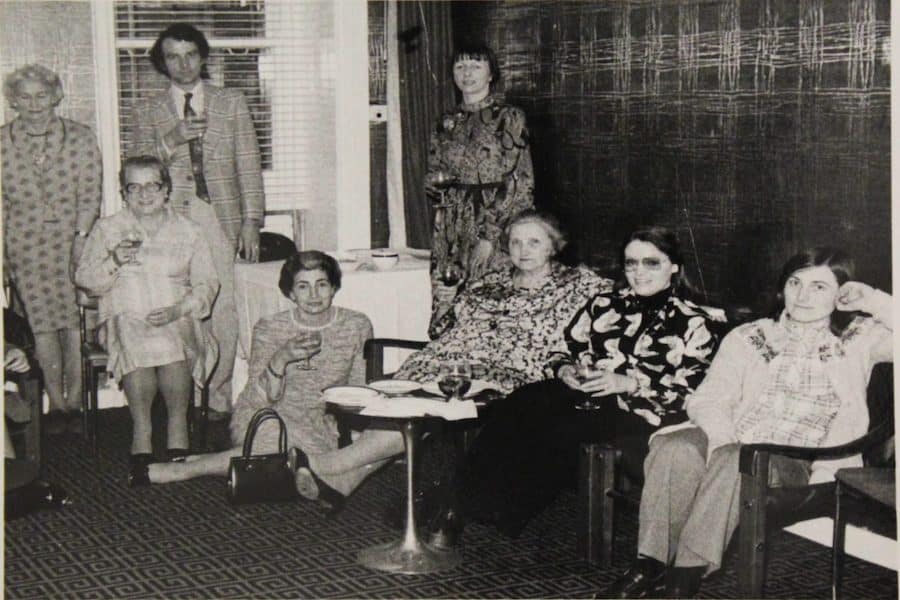
Early Life and Education
Born in West Didsbury in 1905, Ida Carroll was raised in a musical household.
Daughter of Walter Carroll, composer of children’s music, choirmaster and a powerful figure in Manchester’s education authority, there was no way she would not live a musical life.
The influence of her upbringing led her to pursue a career in music, beginning with piano studies at Hilda Collen’s Matthay School of Music, which later became the Northern School of Music (NSM).
It was during her time at NSM that Carroll discovered her affinity for the double bass, an instrument that would shape her future as a performer and composer.
World War II
In the late 1920s, fate brought together two individuals, Ida and Geoffrey Griffiths, in a chance encounter at the travel agency where Geoffrey worked as a travel agent.
It was no ordinary meeting, as it took place at the office where Ida’s father regularly purchased his train tickets. Little did they know that this encounter would mark the beginning of a profound connection.
Driven by his passion for music, Ida’s father, Walter, extended an invitation to Geoffrey to join his choir at Birch Church. It was within the walls of this church that Geoffrey and Ida first crossed paths. Their shared love for music soon blossomed into something deeper, a love that could not be easily extinguished.
However, their path to happiness was not without obstacles. Ida’s father seemed to disapprove of their relationship, casting a shadow over their future.
Moreover, their plans for marriage were abruptly halted by the outbreak of the Second World War, which forced both Ida and Geoffrey to put their personal aspirations on hold.
Undeterred by the chaos of war, Ida selflessly volunteered as an Air Raid Warden in Didsbury, while Geoffrey served as part of the Auxiliary Fire Service in Ashton.
Their commitment to their respective duties demonstrated not only their resilience but also their unwavering dedication to their community.
When the war finally ended, Geoffrey was offered the position of Bursar at a local school.
This new role brought them closer together, allowing them to spend more time in each other’s company than ever before.
However, their true journey as a couple began only after the passing of Ida’s father in 1955.
This event granted them newfound freedoms, both personally and within their relationship, as they were finally able to fully explore the depths of their love and commitment.
A Remarkable Career at the Northern School of Music
Ida Carroll decided also to dedicate her life and career to music and music education in Manchester.
After studying at the Northern School of Music, Carroll went on to serve as Secretary to the Board, her first role within the school to which she would devote her career.
Carroll’s journey with the Northern School of Music commenced when she joined as a secretary under Hilda Collen.
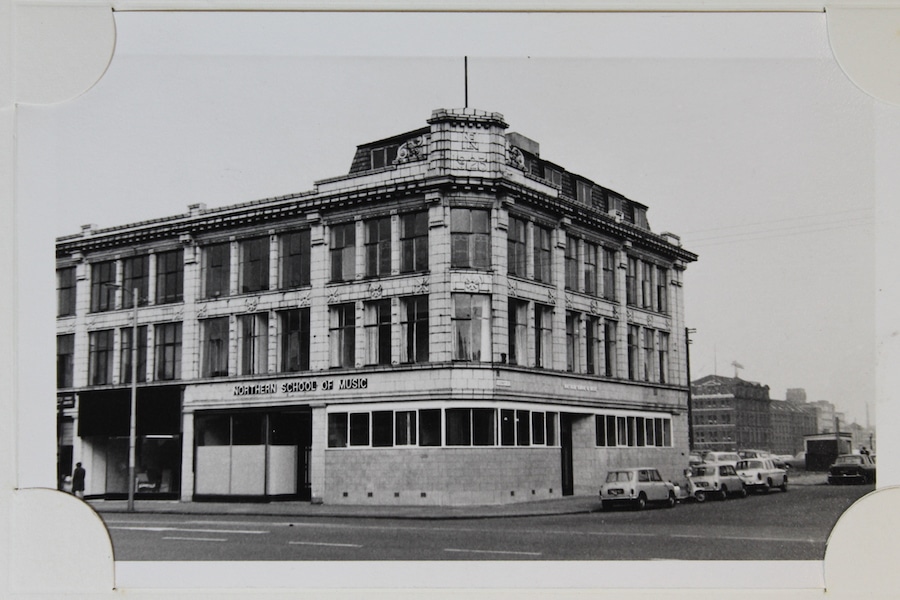
Her dedication and passion for music education propelled her through the ranks, and in 1956 she was Acting-Principal at first and then a few years later she was formally Principal.
Carroll’s presidency lasted until 1972, a period marked by significant milestones and transformations.
Merger and the Birth of the Royal Northern College of Music
One of Carroll’s most influential accomplishments was overseeing the merger between the Northern School of Music and the Royal Manchester College of Music.
This historic merger, which took place in the late 1960s and early 1970s, led to the establishment of the Royal Northern College of Music (RNCM) in 1972 (the building opened in 1973).
Carroll played a central role in the merger negotiations, ensuring a smooth transition and the preservation of the institutions’ respective legacies.
The RNCM and Carroll’s Leadership
With the inauguration of the RNCM, Carroll became the college’s first Dean of Management, a testament to her administrative prowess.
She was Dean of Management of the RNCM – with John Manduell serving as the Principal.
Her visionary leadership and unwavering commitment to excellence helped shape the RNCM into a renowned institution for music education and performance.
Ida was also a skilled and passionate orator. You can check out some of her speeches by clicking here.
During her tenure as Dean, Carroll established the Ida Carroll Double Bass Award Trust and the Carroll Research Fellowship, further nurturing the development of musical talent and scholarly pursuits.
Composing Legacy and the Double Bass
While Carroll’s administrative achievements were formidable, her prowess as a composer should not be overlooked.
She composed several works for the double bass that have earned their place in the instrument’s standard repertoire.
Her compositions display a deep understanding of the instrument and highlight her exceptional musicality.
Today, her pieces continue to be cherished and regularly performed, reflecting Carroll’s enduring impact as a composer.
Beyond the RNCM
Carroll’s influence extended far beyond her roles at the Northern School of Music and the RNCM.
She remained actively involved in various music-related organisations, including the Incorporated Society of Musicians, Musicians’ Benevolent Fund, European String Teachers Association, Graucob Travel Awards, and Live Music Now.
Her dedication to these organisations showcased her commitment to supporting and nurturing the broader music community.
Legacy and Recognition
Ida Carroll’s contributions to music education and composition were widely recognised and appreciated. In 1964, she was awarded an OBE (Order of the British Empire) in acknowledgement of her outstanding achievements and services to music.
Her impact on future generations of musicians is reflected in the Ida Carroll Papers collection, housed in the Royal Northern College of Music Archives.
This extensive collection preserves her papers, speeches, correspondence, diaries, and other artefacts, offering a glimpse into the life and work of this extraordinary individual.
Ida Carroll’s remarkable journey as a musician, educator, and composer left an indelible mark on the music scene in Manchester and the Royal Northern College of Music.
Her visionary leadership, instrumental role in the merger of the Northern School of Music and the Royal Manchester College of Music, and her compositions for the double bass all contribute to her enduring legacy.
Ida Carroll’s influence and contributions continue to resonate, shaping the musical landscape and inspiring future generations of musicians and music educators.
- This article was last updated 2 years ago.
- It was first published on 6 June 2023 and is subject to be updated from time to time. Please refresh or return to see the latest version.
Did we miss something? Let us know: press@ilovemanchester.com
Want to be the first to receive all the latest news stories, what’s on and events from the heart of Manchester? Sign up here.
Manchester is a successful city, but many people suffer. I Love Manchester helps raise awareness and funds to help improve the lives and prospects of people across Greater Manchester – and we can’t do it without your help. So please support us with what you can so we can continue to spread the love. Thank you in advance!
An email you’ll love. Subscribe to our newsletter to get the latest news stories delivered direct to your inbox.
Got a story worth sharing?
What’s the story? We are all ears when it comes to positive news and inspiring stories. You can send story ideas to press@ilovemanchester.com
While we can’t guarantee to publish everything, we will always consider any enquiry or idea that promotes:
- Independent new openings
- Human interest
- Not-for-profit organisations
- Community Interest Companies (CiCs) and projects
- Charities and charitable initiatives
- Affordability and offers saving people over 20%
For anything else, don’t hesitate to get in touch with us about advertorials (from £350+VAT) and advertising opportunities: advertise@ilovemanchester.com

The Manc aerobics queen who trained the Corrie cast is helping raise charity cash

Ancoats to get even cooler as independent market set for MOT garage site
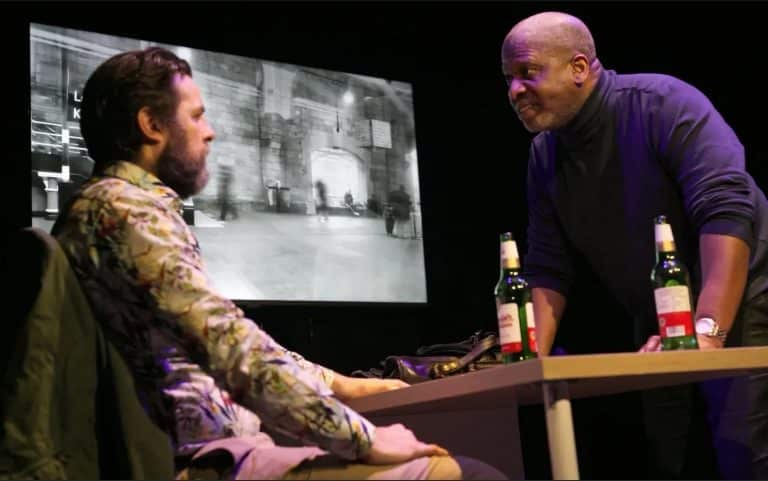
Review: The Moth at LOWRY is ‘a poignant reflection on race, war, and identity’

“Manchester is not Britain’s second city, it’s the first” – Jeremy Clarkson
